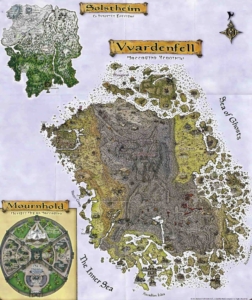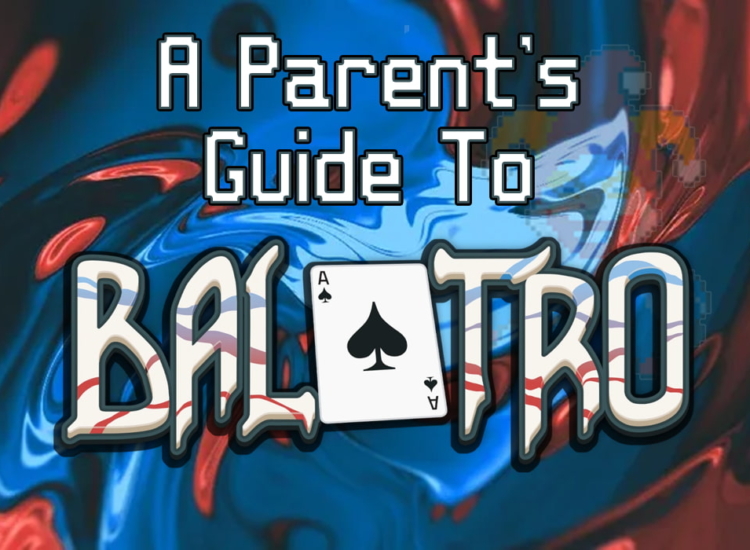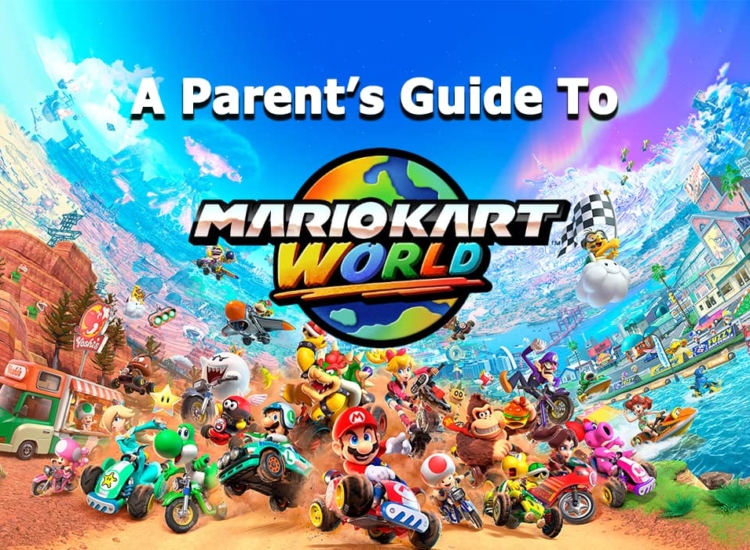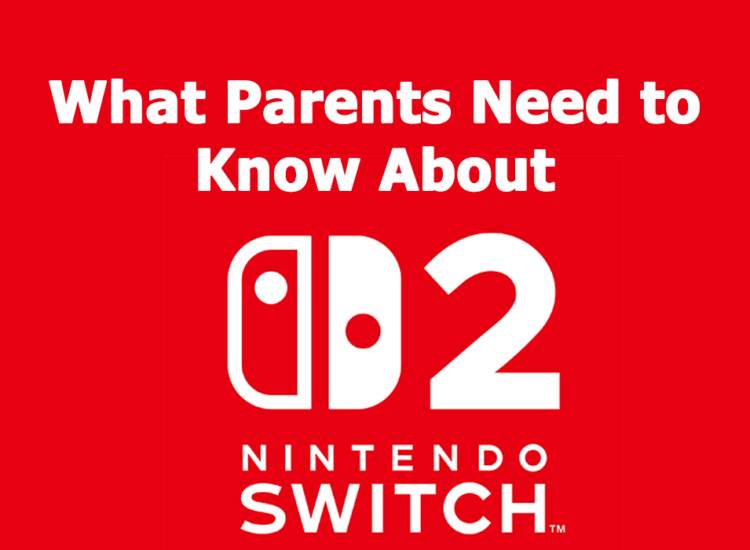Video Games, ADHD, and Me
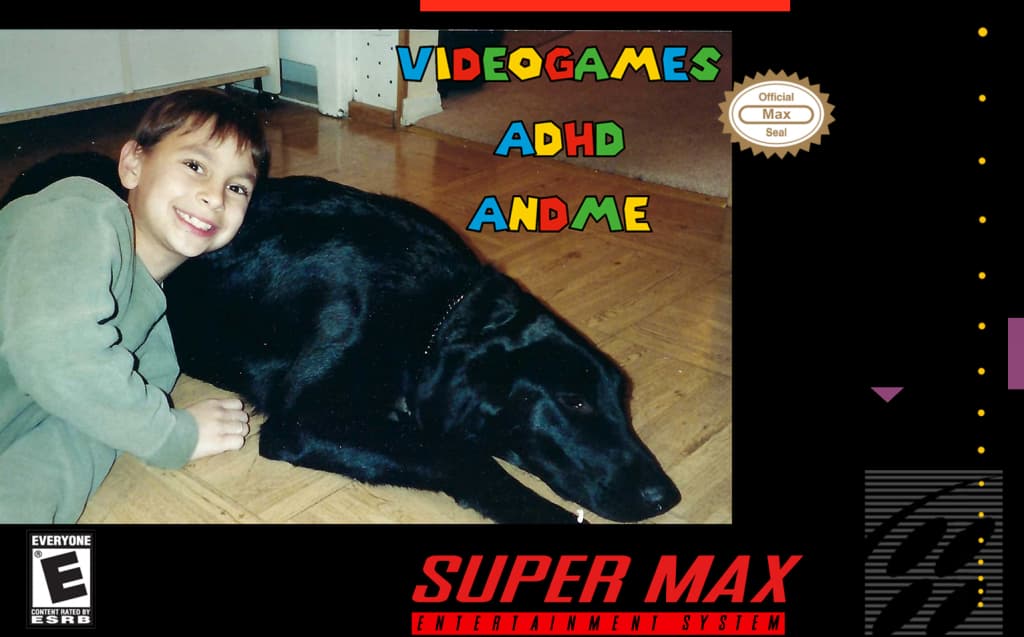
Being ADHD is not like it’s portrayed in movies and TV. The best way I can describe it is the feeling you get when you’re talking on the phone while simultaneously trying to listen to someone in front of you. You try to dedicate attention to both voices but ultimately you can’t really focus on either and nothing is retained.
Because of ADHD I have this feeling all the time, only the other voice is my own brain… and it won’t shut up even if I ask politely.
Everyone I’ve met with ADHD feels this differently, but for me it was a constant struggle growing up and into adulthood. It could be a real impediment to some basic tasks – especially in school. I always did my homework and worked hard, but some information would slide off my mind like butter on a hot pan… that is, until video games helped me better understand who I am, how my brain processes information, and how I learn.
Catching ‘Em All… Friends, That Is
As a hyperactive kid, I sometimes had trouble adapting to new environments and making friends. Hyperactive energy can be off putting or confusing to a young kid with no frame of reference, and it made me self-conscious in social situations. I was fortunate enough to always have a some very good friends when I was young, but I always had a lot of anxiety when it came to creating new relationships.
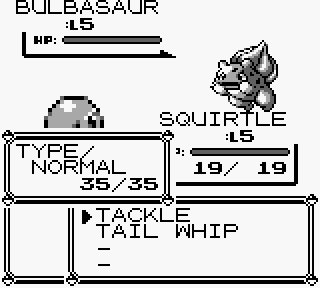
Pokémon Red (1996 – Nintendo)
Fourth grade was the first time I didn’t have any friends in my class, and I was petrified that people wouldn’t like me.
Enter Pokémon.
In elementary school I was a Pokémon (Everyone) fiend. There was nothing in the world more important to me than catching them all, so I made it my life’s mission to fill my Pokédex with all 150 available critters.
I took it upon myself to organize complex Pokémon trading marathons with other kids in my class, so we could all complete our Pokémon catalogue. I ended up building a group of good school buddies through the hours of catching, training, evolving, and trading. Coming at a perfect time, the experience taught me that I can build relationships with other kids that have the same interests as me and, despite my energy, I was a good friend and a “nice kid”. On top of that, this experience taught me the most basic principles of working as a team to accomplish complex, multi-part goals.
I Don’t Know Where I Am
Another particularly fun part of my ADHD is an absolutely horrendous sense of direction that plagues me to this day. GPS certainly makes it easier, but without the wonders of modern technology I’d get lost going around the corner. Growing up, this was made even more difficult as someone that confused their right and left up to an embarrassingly old age (thanks to a super fun side of Dyslexia!). And remembering East versus West was an absolute fantasy. Until I became obsessed with The Elder Scrolls III: Morrowind (Teen 13+).
Morrowind is a role-playing game (RPG) set in an enormous, detailed fantasy world, complete with individually operating cities, public transportation, and ruins of dead civilizations hidden by mountains of accumulated volcanic ash. In middle school, my friends and I put hundreds of hours into this world. We would trade stories of our time exploring, and devise strategies so complex that it would make our characters essentially invincible mere hours into the game. These strategies required a certain degree of spatial precision, especially in such a massive game world. We had to know where to go.
Slipped into the game’s box was a physical map of the in-game world, which I initially ignored. But when you know you have to travel Northeast from Seyda Neen to get to Dren Plantation (for some great weapons and a Daedric shield) and then East around numerous mountain ranges until you hit Azura’s Shrine, at which point you turn North past some Daedric ruins and over some more mountain ranges until you get to Tel Fyr, where you can pickpocket a full set of Daedric Armor off of Divath Fyr… a good map is essential.
Morrowind drilled map-reading into my brain as I explored that world. Eventually, my physical map was littered with hand-written notes; edges frayed and crumpled from use. Like I said, GPS became ubiquitous and solved a lot of this for me in the real world. But I am now a confident navigator providing I have a good map – be it tangible or on my phone. This is a skill I never would have learned had it not been for my time on Vvardenfel.
What Was I Doing Again…?
One relatively unknown part of ADHD is a swiss-cheese-like short-term memory. Immediate tasks get lost in a jumbled mess of sensory overload. I can be asked to tackle a simple assignment and completely forget what it was, even as I walk to my desk to begin working on it. It’s probably what I struggle with most, and I eventually found that I need an iron-clad method to make sure this doesn’t happen; forgetting to do a task that would take all of 20-seconds is simply not a good look in any personal or professional setting. Fortunately, there are tons of video games that are basically smart notetaking simulators with pretty graphics.
Whether a game has notetaking build into the UI, like in World of Warcraft (Teen 13+) and Fallout 3 (Mature 17+), or it’s up to the player to keep notes, like in The Witness (Everyone), games generally benefit from some kind of interface to keep track of what’s going on.
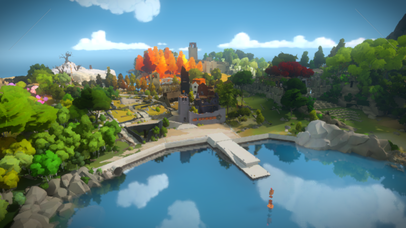
The Witness (2016 – Thekla Inc.)
The concept of applying this to my real life didn’t sink in until well after I graduated from college, but I credit video games with my current notetaking strategies. Video games helped me overcome my wonky short-term memory by essentially training me to make lists to track and manage both short-term and long-term tasks. I now keep two notebooks with slightly different purposes. One, my “Journal”, I use daily to write down new facts and information. My other book is my “Quest Log”, which I use to track all my projects, with milestones to make sure I make progress each week. After every meeting I consult my Journal and write specific step-by-step tasks into my Quest Log for future reference.
There’s nothing more satisfying than seeing all of my weekly goals crossed out in my Quest Log… imagine all the EXP I got for those!
Everyone is “Different” and “Different” is Good
Beyond the obvious, growing up with a learning disability can wreak havoc on your self-esteem… no matter what age you are, but especially for kids. Repeatedly struggling with things like math and spelling, while your peers accel can make you feel like you’re not “normal” before you’re old enough to understand that the concept of “normal” doesn’t exist. I can only speak for myself when I say that there were times when I felt like it wasn’t even worth trying, because it would just never “click.” Even as an adult this vacuum of confidence can sneak out as I attempt to solve a seemingly simple problem, only to feel like I’m trying to jam a puzzle piece into an incompatible slot.
Ultimately, video games taught me how to turn my ADHD into an asset.
One of the most valuable things video games taught me was resilience. Video games introduced an intrinsic excitement and confidence into my young life that I was simply unable to get elsewhere. They gave me a chance to try and fail with no real downside; to set incremental goals for myself as I strive for a greater task. They helped me persevere in no-risk scenarios on my own time and conditioned me with a sense of tenacity that I otherwise may not have found. Video games helped me prove to myself that I am capable of not only succeeding but excelling. Sometimes I may just need to take interesting detours along the way.
Ultimately, video games taught me how to turn my ADHD into an asset. Sure, I see things differently than some people, but different is good!
Epilogue
I played a lot of video games growing up. In the time before parental controls and reliable data about the benefits of video games, this was understandably distressing to my mom. While she was infinitely patient with me, she simply didn’t “get” video games, and our household rules reflected that it was perceived as an unintellectual endeavor in my home. (Her words, not mine!) I now get indescribable joy from reminding her of this blatantly incorrect assessment of video games. I basically wouldn’t have a job if it weren’t for the things I learned from video games. She’ll now proudly admit that it was an essential teaching tool for me, and the only one at my disposal that actually fit how I learned. (Also her words, not mine!)
My love for games turned into a love of storytelling, which evolved into a love of writing, which pushed me to an early career in journalism, then PR, and eventually to ESRB, where I have an objectively cool job that touches some of the most interesting parts of an industry I truly love. It’s worth noting that none of this goes away; ADHD has been part of me since day one, and will be forever, but I’ve learned how to turn these perceived shortcomings into assets. Even so, things don’t always translate: Sometimes I’ll say or do something that makes perfect sense to me, only to find that it doesn’t quite connect for the people around me. But if I’ve learned anything from video games it’s that these scenarios are not a game over (get it?). It’s just an opportunity to look at things from a different angle.
